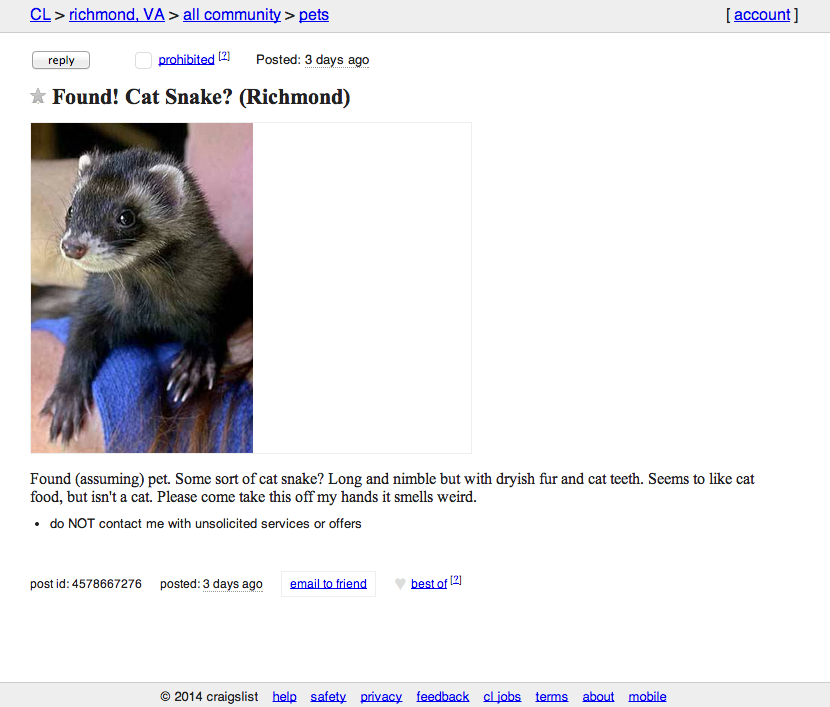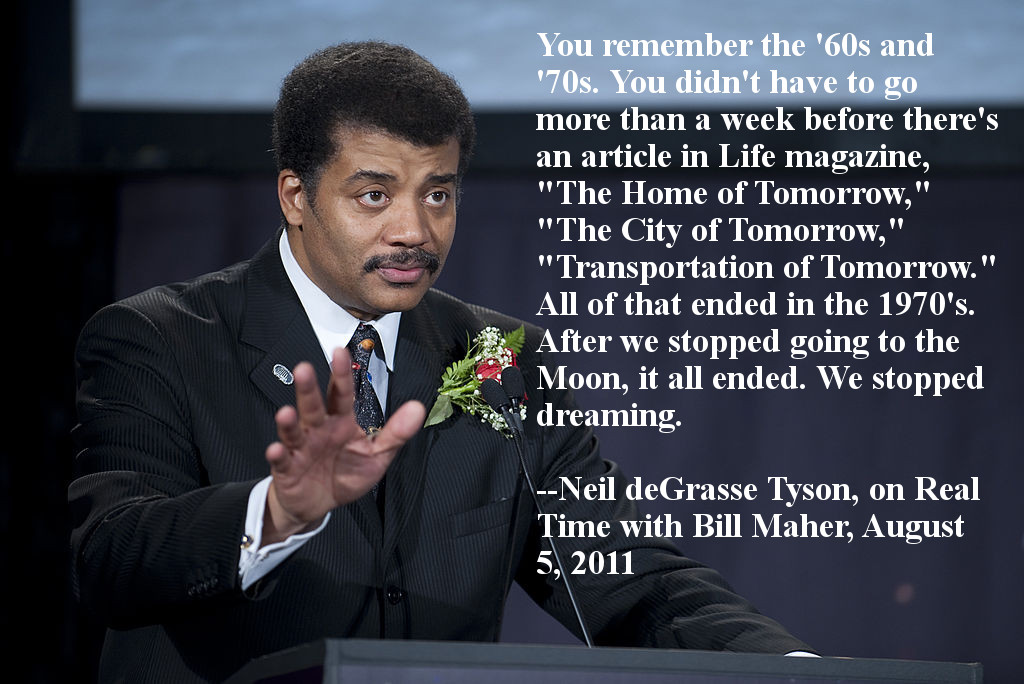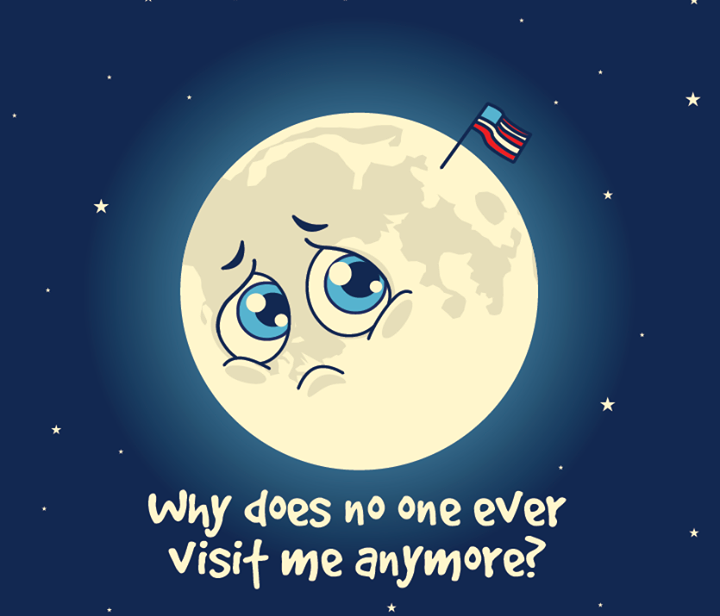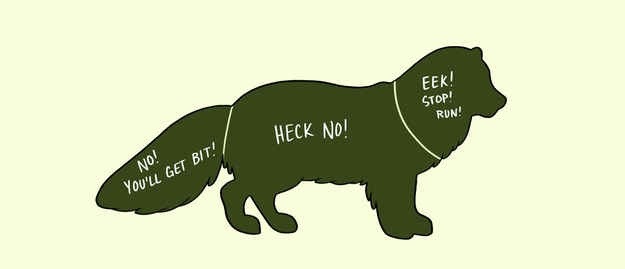A Congressman Questioned A Woman Living In Poverty And Revealed A Lot About Himself, Bryce Covert, ThinkProgress, July 11, 2014
On Thursday, Rep. Paul Ryan (R-WI) held his fifth hearing on the War on Poverty, and for the first time he allowed a person actually living in poverty to testify. Tianna Gaines-Turner shared her personal experiences struggling to make ends meet and provide food for her three children who suffer from medical conditions along with her husband. She works as a seasonal employee with children for $10.88 an hour, while her husband works at a grocery store for $8.50.
But when Rep. Todd Rokita (R-IN) got the chance to ask questions of Gaines-Turner and the two other witnesses, he directed much of his attention toward calling into question whether she is dependent on government programs, whether she has tried to find more work, and if she is partisan. He gave a “theoretical example” in which the government would increase spending on government programs like food stamps and welfare by 500 percent and asked, “They [people on the programs] would be out of poverty and that would be a good thing?” to which Gaines-Turner responded, “Yes, the programs work, yes it would be good to move them out of poverty.”
***
Rokita’s questioning seemed to imply that Gaines-Turner could make more money and escape her “dependence” if she worked harder. But for many of those living in poverty, that’s just not the case. The majority of adult, able-bodied, non-elderly poor people work. But in this economy, finding extra work, or any work at all, can be nearly impossible. In May, the most recent month for which there is data, there were more than two times as many job seekers as job openings. And unemployment rates are even higher for those with less education, who also tend to have lower incomes.
The Senate flunks basic biology: Inside a disgraceful hearing, Andrea Flynn, Salon, July 20, 2014
Continue reading →






